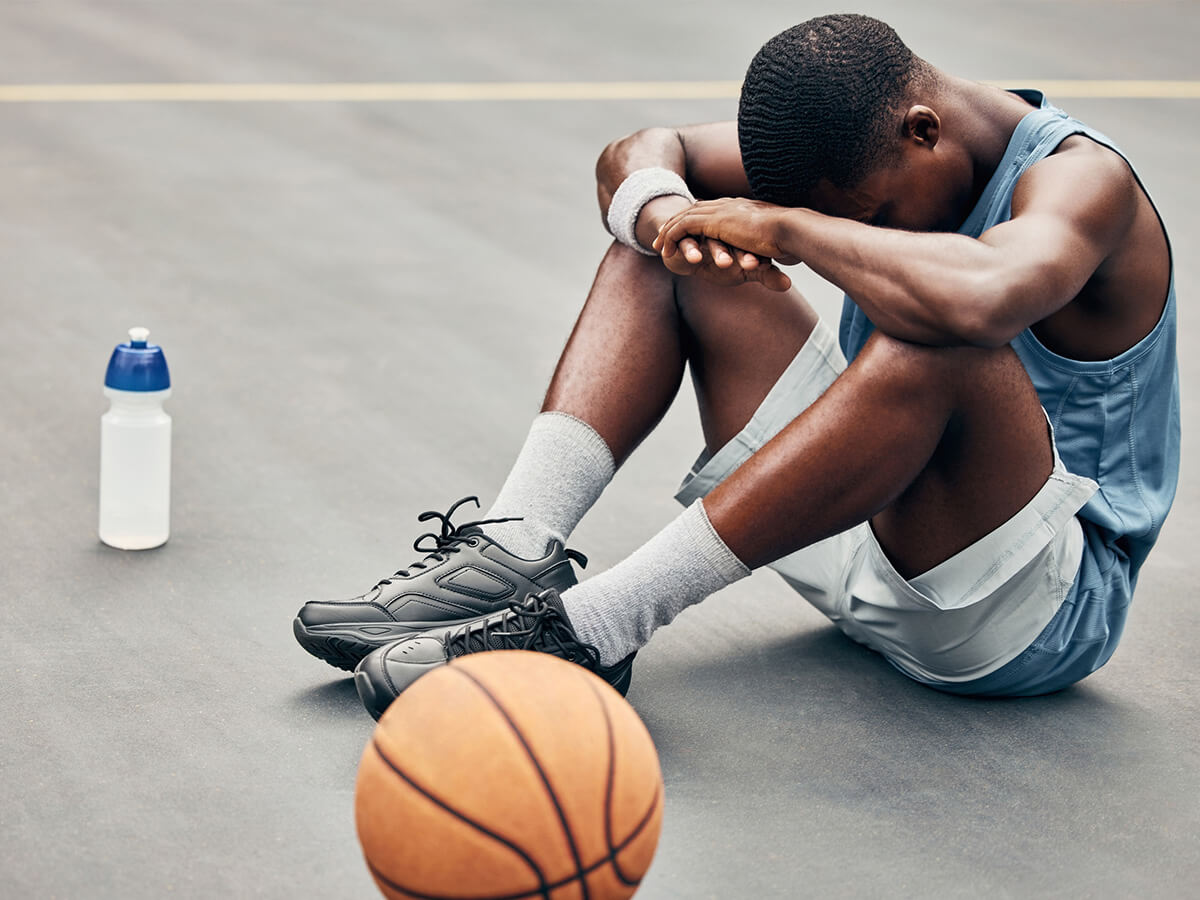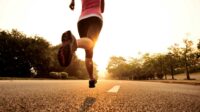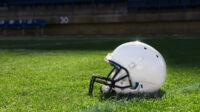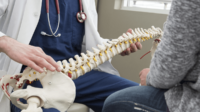In sports medicine, addressing the physical aspects of injury is only one part of the healing process. The psychological impact on athletes during injury and recovery is a major one and is one that is often overlooked as the athlete tries to return to peak performance.
While not a major part of the exam, sports psychology is tested on the ABFM Certificate of Added Qualifications (CAQ) in Sports Medicine Exam. Here is a breakdown of the psychological components you may see on test day, and how you can best prepare for these subjects:
Performance Enhancement and Mental Conditioning
Performance enhancement in sports isn’t just about physical training; it’s equally about mental fortitude. Mental conditioning, encompassing techniques like visualization and goal setting, plays a pivotal role in an athlete’s performance. A Bishop’s University study suggested that mental practices can enhance muscle strength by up to 13.5%. These techniques are not only vital for performance improvement but also for aiding recovery post-injury. For sports medicine professionals, understanding how to integrate these strategies into rehabilitation programs is essential, as they can significantly influence an athlete’s return to peak performance.
Helping Clear Anxiety in Athletes
Injury-related anxiety is a struggle for many athletes. This anxiety can cast long shadows of doubt on their ability to perform and recover, with athletes growing a fear of re-injury or concern over lost progress. For sports medicine specialists, recognizing and managing these fears is a critical component of the recovery process. Addressing this hidden opponent is not only vital for the athlete’s well-being but also a crucial topic for mastery in the board exam.
The Psychological Impact of Injury
When an injury sidelines an athlete, the athlete often experiences a grief-like process, grappling with the reality of their forced hiatus. This psychological impact can be profound, with studies showing that around 35% of injured athletes suffer from mental health issues like depression or anxiety due to injury. Developing psychological resilience is key to navigating this challenging time. As a sports medicine specialist, your role in fostering this resilience is just as important as managing the physical aspects of healing, ensuring a holistic approach to the athlete’s recovery journey.
Burnout in Sports: Recognizing and Preventing Athlete Exhaustion
Athlete burnout is a state of chronic stress that leads to exhaustion, significantly impairing performance. Early recognition and prevention are crucial; sports medicine practitioners must be adept at identifying the signs and implementing preventative strategies. Understanding burnout is not only essential for the well-being of athletes but also an important subject to study for the board exam, highlighting the need for comprehensive care strategies in sports medicine.
Preparing for the CAQ in Sports Medicine
When you’re gearing up for the psychiatry section of the Sports Medicine exam, practicing with review questions is a helpful way to study. It’s a smart, focused way to get comfortable with the kind of mental health questions you’ll face. Practicing with these questions helps you get a solid grip on psychiatric principles in the context of sports, sharpening your ability to spot, diagnose, and manage athletes’ mental health issues.
The BoardVitals Sports Medicine question bank includes more than 450 review questions targeted to the ABFM CAQ in Sports Medicine Exam. All questions include explanations for correct and incorrect answers, giving you the in-depth knowledge you need to pass the exam. With BoardVitals as part of your study game plan, you’re not just studying to pass—you’re training to provide top-tier care that supports athletes’ mental game as much as their physical one.
As you prepare for the CAQ in Sports Medicine Exam, remember to not only focus on the physical side of sports. Dive deep into the psychological side of sports injuries and recovery, and you’ll be ready to offer patient care that goes the full distance.




